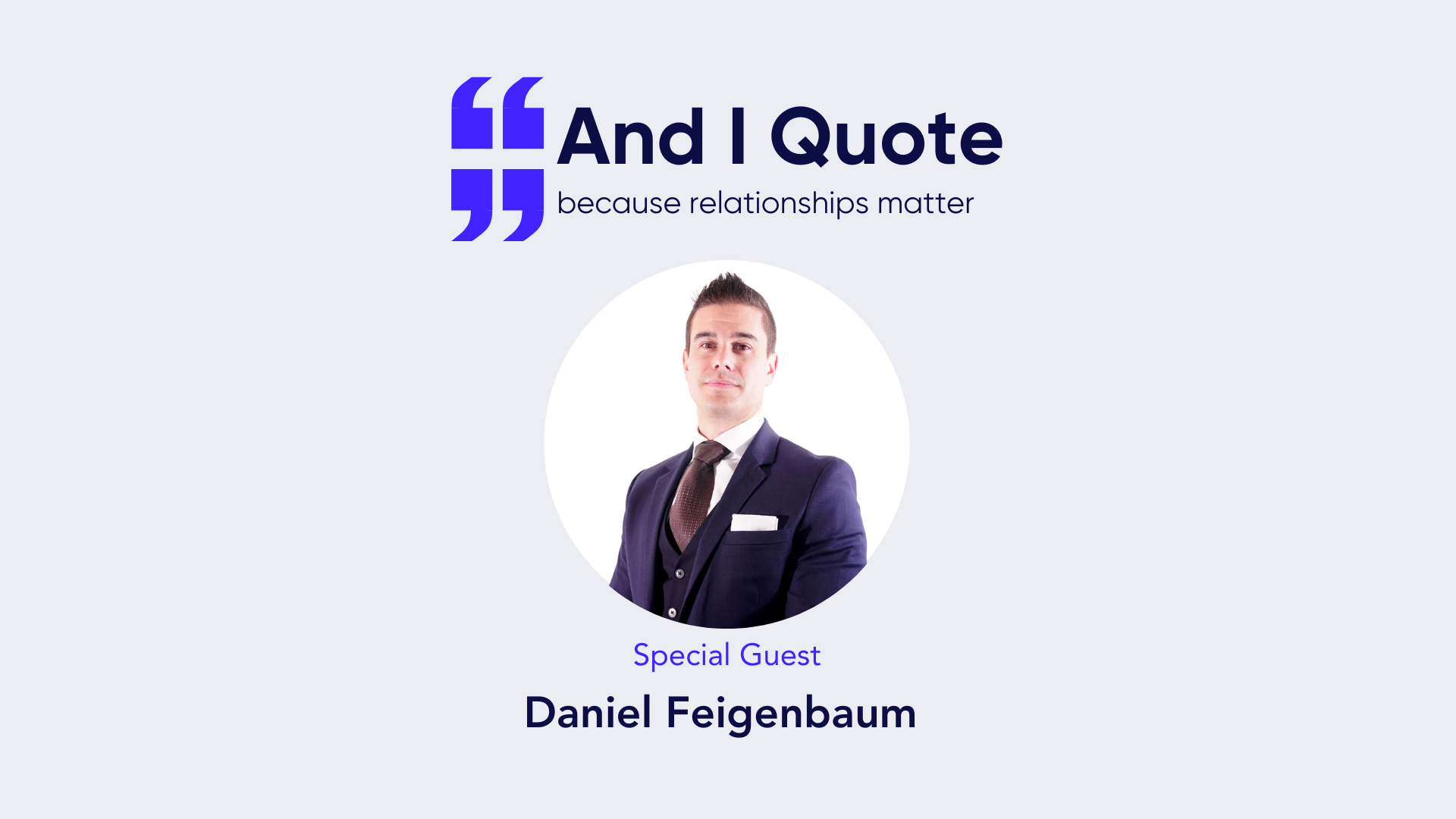Insurance 101 Video:
What would happen to your small business if a customer slipped on the floor and injured themselves, or an on-site mishap ruined your client’s property? Chances are you’d be sued for damages. Without sufficient revenue or savings, you’d be on the hook for up to millions of dollars in compensation — unless your business is protected by General Liability Insurance.
Commercial General Liability Insurance protects your small business from liability for covered claims of damage to a third party’s property and harm to a third party’s body or reputation. Though it’s one of the more basic forms of business insurance, General Liability (GL) Insurance is often required by state law, industry regulations, or the customers and clients you work with.
General Liability coverage is useful for any type of small business, from the most labor-intensive construction company to the quietest engineering firm. Unfortunately, only 54 percent of small businesses were protected by General Liability Insurance in 2018.
Without General Liability Insurance, your small business would be held liable for:
- Damage to a customer’s or client’s property
- Physical harm or bodily injury sustained by a customer or client
- Damage to the reputation of another party
In many cases, the cost of defending against such claims can quickly add up — potentially to millions of dollars. Unless your small business can easily afford such payouts, it would be wise to consider General Liability coverage.
How does General Liability Insurance work?
It’s reasonable to assume that you’re not in the business of purposely harming customers or destroying their property, but accidents happen. No matter how careful you are, some things just can’t be prevented.
Unfortunately, you can still be held liable for damages and injuries sustained following the unexpected.
General Liability Insurance shifts that liability to your insurer and away from you and your business. Your GL policy pays for the costs borne by the injured party — such as repairs or medical expenses — and the defense of your business in the event of litigation.
In essence, General Liability Insurance can keep you in business in situations when you’d be otherwise forced to close and liquidate.
What does General Liability Insurance cover?
General Liability Insurance protects you and your business from being held financially responsible for damage caused to another person’s property, body, or reputation.
General Liability Insurance covers the cost of:
- Property damage
- Medical expenses caused by bodily injury, including death
- Reputational harm
- Legal fees
- Judgments and settlements incurred as a result of litigation
It does not protect you from:
- Damage done to your business, including your employees — for that, you would need a Business Owners Policy
- Errors, omissions, mistakes, and negligence stemming from your profession — this coverage is provided by Professional Liability Insurance
Because General Liability Insurance covers physical damage to people and property, it’s especially important for businesses that frequently interact with customers and clients on a face-to-face basis.
It’s important to note that a person who files suit against you must be able to demonstrate your fault. Someone can’t slip at home, break their ankle, and then throw a dart at a map to claim it happened at your business. There needs to be verifiable proof that the incident occurred as an act of negligence on your part.
That doesn’t necessarily mean you won’t be on the receiving end of frivolous litigation. An electrician who does a stellar job installing a new circuit breaker for a customer still needs to defend against a lawsuit alleging his work caused a fire, even if the customer is ultimately found to be at fault for not following proper safety measures.
Property damage
A General Liability Insurance policy protects you from bearing the cost of damages done to another person’s property.
For example, consider a plumber who forgets to turn off the water valve before cutting through a pipe in a customer’s home. When gallons of water come surging out, it causes significant damage to the floors, baseboards, and furniture in the room.
Without General Liability Insurance, the plumber would be held responsible for the cost of cleaning, repairing, and replacing what was ruined — to the potential tune of thousands or tens of thousands of dollars.
Bodily injury
General Liability Insurance protects your business from claims of “bodily harm, sickness, or disease, including resulting death.” Your General Liability Insurance policy would pay for the medical fees and costs incurred by the injured party, as well as the costs of your legal defense.
Depending on your policy, coverage may also include damages from mental and emotional harm.
For example, while browsing through shelves of products, a customer slips on a jar of spilled applesauce and falls, suffering a gruesome head wound. After you call 911, the customer is transported to the hospital. As a result of treatment and surgery, the customer incurs thousands or tens of thousands of dollars in medical costs.
Eventually, the customer sues you and your business for medical costs, lost income, and pain and suffering due to your negligence.
If you’re covered by General Liability Insurance, your policy would kick in to cover their medical expenses and your legal fees.
However, GL Insurance does not cover injuries sustained by you or your employees.
Products completed
Damage caused during the process of manufacturing, building, installing, or completing a project or product is covered by your policy’s property damage or bodily injury limits.
But what if the completed project causes damage?
Let’s say a carpenter is hired to construct a deck. After days of work, he and his team finish building the deck, leaving the homeowner free to enjoy the spring breeze and warm afternoon sun.
Unfortunately, the deck collapses due to an oversight. The homeowner falls and injures himself, while the deck itself damages the home where the deck tore away from its anchors.
In this case, the products completed coverage of the carpenter’s General Liability Insurance would pay for both the homeowner’s medical expenses and the cost of repairing the house.
Personal injury (or libel, slander, and advertising injury)
When it comes to General Liability Insurance, “personal” injury differs from bodily injury in that personal injury refers to harm caused to a person’s or business’s reputation.
In simpler terms, personal injury coverage protects against claims of libel and slander and harm caused via advertising.
You may be accused of libel if a statement written by you damages another’s reputation. Similarly, slander involves speaking ill of another, culminating in harm to the reputation of another person or business.
For example, the CEO of ABC Metals schedules a meeting with a client of XYZ Mfg. in an effort to win over the client. During the meeting, ABC’s CEO tells the client that XYZ’s owner hasn’t paid taxes in 10 years, without any evidence that this claim is true. The client believes ABC’s CEO and fires XYZ.
Because ABC’s CEO lied about the integrity of XYZ’s owner, costing the latter company business, ABC’s CEO could be held liable for slander.
If the CEO falsely accused the owner of XYZ of the same thing through writing — such as a Facebook post or Google review — the CEO would be held liable for libel.
As protection against advertising injuries, personal injury coverage defends against claims of copyright infringement, advertising infringement, and invasions of privacy.
Medical payments
Medical payments coverage is different than coverage for medical expenses. Where other coverages under your General Liability Insurance policy require a demonstration of negligence on your behalf, medical payments coverage does not, paying out without assigning fault to either party.
The idea behind this coverage is for your policy to provide a swift and prompt payout to the injured party. As a sort of “good-faith” coverage, medical payments coverage is intended to pay for the injured person’s most immediate medical expenses, ideally reducing the likelihood they pursue litigation.
Think of a carpenter who installed a fixture but failed to properly secure it. Later on, the fixture falls onto the homeowner and breaks her arm. The carpenter’s medical payments coverage would kick in to ensure the homeowner receives a swift payout that covers her immediate medical expenses — resetting her broken bones, the cast, and the cost of her prescribed painkillers, for instance.
In turn, the homeowner has less reason to sue the carpenter. She could still pursue a lawsuit against him — which would be covered by his bodily injury coverage — but because her immediate medical costs were taken care of, she may decide to let it go (though she probably won’t be sending him referrals any time soon).
How much General Liability Insurance do you need?
The minimum amount of General Liability Insurance coverage you need varies depending on your industry, customer demands, and your comfort level.
Generally, customers and clients expect or require businesses to carry high limits in the amounts of $500,000, $1,000,000, or even $2,000,000.
Even if you’re not required to carry high coverage limits, remember: You don’t need to be a millionaire to get sued like one.
A customer who slips in your store may rack up medical expenses totaling tens of thousands of dollars — or more. Similarly, an electrical fire caused by an electrician’s shoddy installation could destroy a million-dollar home.
Do you keep that much money socked away in your bank account with the express purpose of paying for such mishaps?
Even if you do, chances are you don’t actually want to dole out that much money after you get hit by a costly judgment or settlement.
That’s where General Liability Insurance kicks in. The higher your coverage limits, the more protected you are, and the more likely you’ll stay in business after an unfortunate claim of property damage, bodily injury, or personal injury.
What does a General Liability Insurance policy look like?
| Policy Information | Coverage Name | Coverage Limits |
| Evan’s Plumbing Service | Bodily Injury and Property Damage | $1,000,000/$2,000,000 |
| 1234 Main St. | Libel and Slander | $1,000,000/$2,000,000 |
| Cincinnati, Ohio 45249 | Products Completed | $1,000,000/$2,000,000 |
| Medical Payments | $5,000 |
Your General Liability Insurance policy documents stipulate what coverage you’re protected by and to what extent — the coverage limit.
In some cases, you’ll notice a slash mark between two separate numbers for a given coverage limit. These are called split-limit coverage limits.
With a split-limit coverage limit, the first number is your per-claim, or per-occurrence, coverage limit and the second number is the annual, or aggregate, limit.
Using the graph above as an example, let’s assume you have $1,000,000 of coverage for each claim made against you within a given year. At the same time, your insurance company caps your total yearly coverage at $2,000,000.
If a claim gets made against you for medical expenses, your policy would pay out up to $1,000,000 to defend against and pay judgments arising from that claim. If it pays out $50,000, your maximum annual coverage would decrease to $1,950,000, but you’d still be covered for up to $1,000,000 of damages for each subsequent claim — at least until your annual limit falls to zero, or a new policy year begins.
Who needs General Liability Insurance?
Businesses of all types and in any industry can benefit from the protections given by General Liability Insurance. That said, General Liability Insurance is more a “blue-collar” insurance product geared toward those businesses that:
- Meet face-to-face with customers and clients
- Work on or at property owned by a third party
- Market via advertising
- Are legally required or mandated by industry regulators to maintain sufficient General Liability coverage
Still, “white-collar” businesses are exposed to many of the same risks as more physically-intensive companies, even if it’s to a lesser degree.
As a result, businesses more likely to file a claim against their General Liability Insurance — like plumbers, manufacturers, or retail stores — would pay a higher premium than those businesses less likely to file a claim, such as accountants, graphic designers, and lawyers.
How to buy General Liability Insurance
Purchasing General Liability Insurance is quick and easy through Coterie’s online quote tool. Start by entering some basic information about your business, industry, and preferred coverage level to calculate your premium. Once you’re happy with your quote, continue on to purchase a policy.
Then sit back and enjoy the peace-of-mind in knowing all that you’ve worked so hard to build is protected in the event a claim is made against your business.




